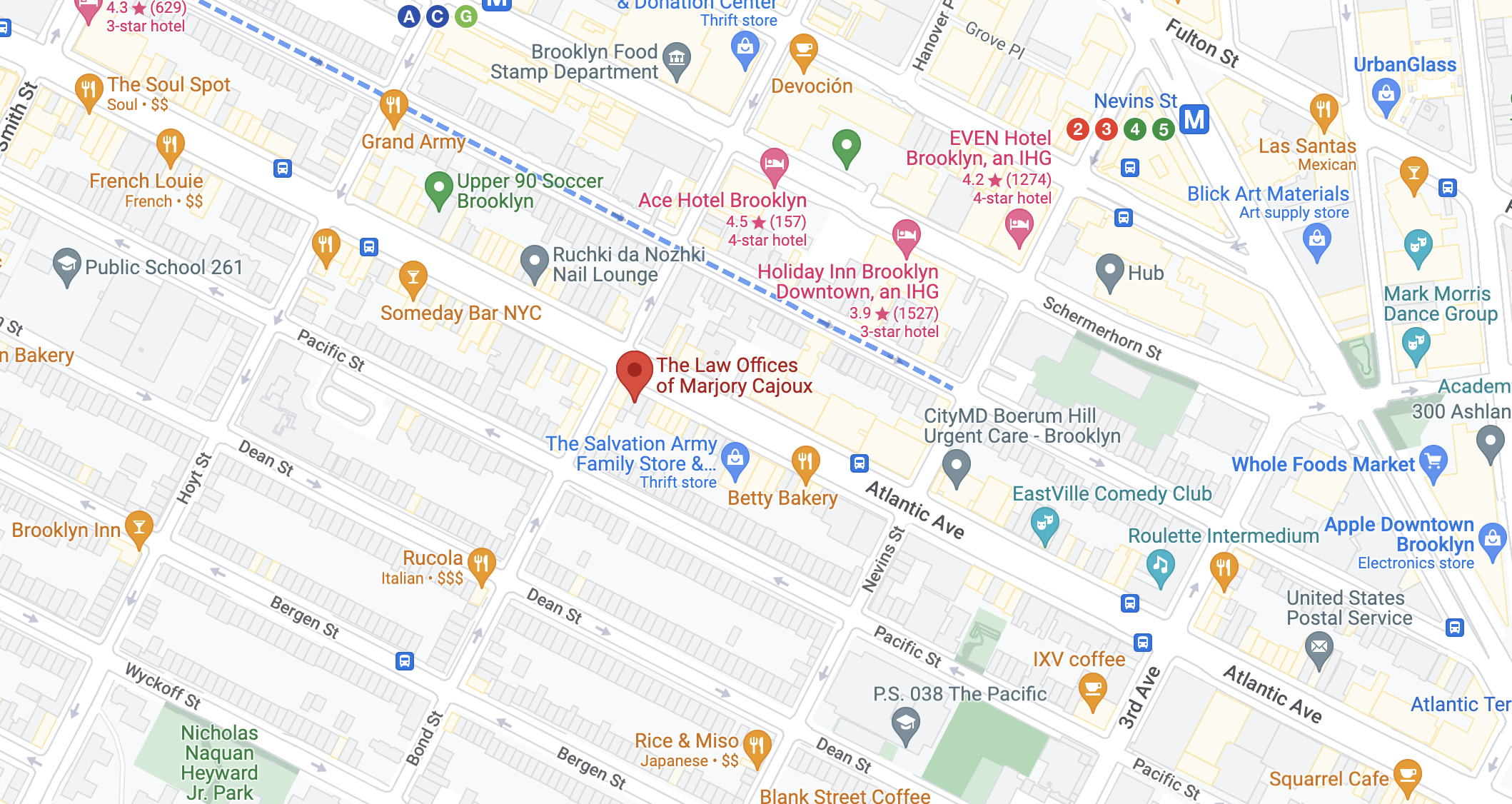It’s a myth that only the wealthy need an estate plan. With the help of a New York estate planning attorney, the estate planning process can ensure financial security for your loved ones after you pass away. If you have a home, family, or business, you need an estate plan.
Estate planning is more than merely writing a will. To prepare a proper estate plan, you’ll need guidance and advice from a New York estate planning lawyer who routinely helps families plan their estates.
How Can You Prepare the Right Estate Plan?
How can you ensure that your estate planning work will create the estate plan that’s right for you and your loved ones?
Everyone’s estate plan will be unique–based on your own family and financial circumstances–so you’ll need an attorney’s personalized estate planning advice, but the following tips for successful estate planning generally apply to everyone.
Tip #1: Assemble the Right Team
An estate planning attorney, a financial advisor, and a tax professional can help you establish a comprehensive, personalized estate plan. Each person on your estate planning team will have an important role in the process.
Tip #2: Make a List of Your Assets and Debts
One of the first things your team members will need to know is your net worth. Make a list of everything you own, from real estate to personal items of value. Then make a list of your debts, and your estate planning team will have the information it needs to begin the process.
Tip #3: Spell Out Your Wishes in Detail and in Writing
Your estate plan must clearly express what should happen to your assets, properties, and personal possessions after your death. Your attorney will help you make certain that your instructions are clearly articulated and easily understood because it’s the final “say” that you will have.
Tip #4: Include a Guardianship Designation in Your Will or Trust
If you have minor children or if there’s someone with special needs that you care for, designate a guardian. If you don’t, and if the worst-case scenario happens, a judge who doesn’t even know you could assign a guardian to your children or special needs loved one.
Discuss guardianship in advance with the person you choose. Obtain that person’s consent and ensure that a guardian’s responsibilities are fully understood.
Tip #5: Consider Establishing a Living Trust
When you set up a living trust, your estate can avoid the probate process, and you decide how your assets and properties will be divided and distributed after your death. A well-written trust document ensures that your directions will be followed just as you intended.
Tip #6: Take Estate Taxes Into Account
New York imposes a state-level estate tax. Let your estate planning team decide how best to deal with the estate taxes that your estate may owe. If your estate is subject to the federal estate tax, that payment is generally due nine months after your death.
Tip #7: Avoid or Reduce the Impact of Probate
After someone’s death, probate is the process of inventorying and evaluating the decedent’s estate, paying outstanding debts and taxes, and distributing what’s left according to the decedent’s instructions.
Probate is slow, costly, and public, but your estate (and your loved ones) may not have to endure probate. If you establish a living trust, the process can be avoided, and an attorney may be able to suggest other ways to reduce or eliminate the cost of probate for your loved ones.
Tip #8: Don’t Overlook Planning for Long-Term Care
Don’t let expensive long-term care for yourself or your spouse eat away at the assets that you’ve reserved for your beneficiaries. While protecting your assets, an attorney can also help you be prepared for the costs of long-term care.
Tip #9: Talk to Your Loved Ones
An estate plan can fail if the beneficiaries aren’t educated and prepared. Some beneficiaries mismanage or just waste their assets. Others may be tricked by scams or dubious investments. Explain your choices to your beneficiaries and help them prepare for what will happen.
Tip #10: Your First Step is Contacting Estate Planning Attorney
If you have not established an estate plan, your first step is to contact a New York estate planning attorney at 718-237-0411 to learn more or to schedule your first estate planning consultation.





